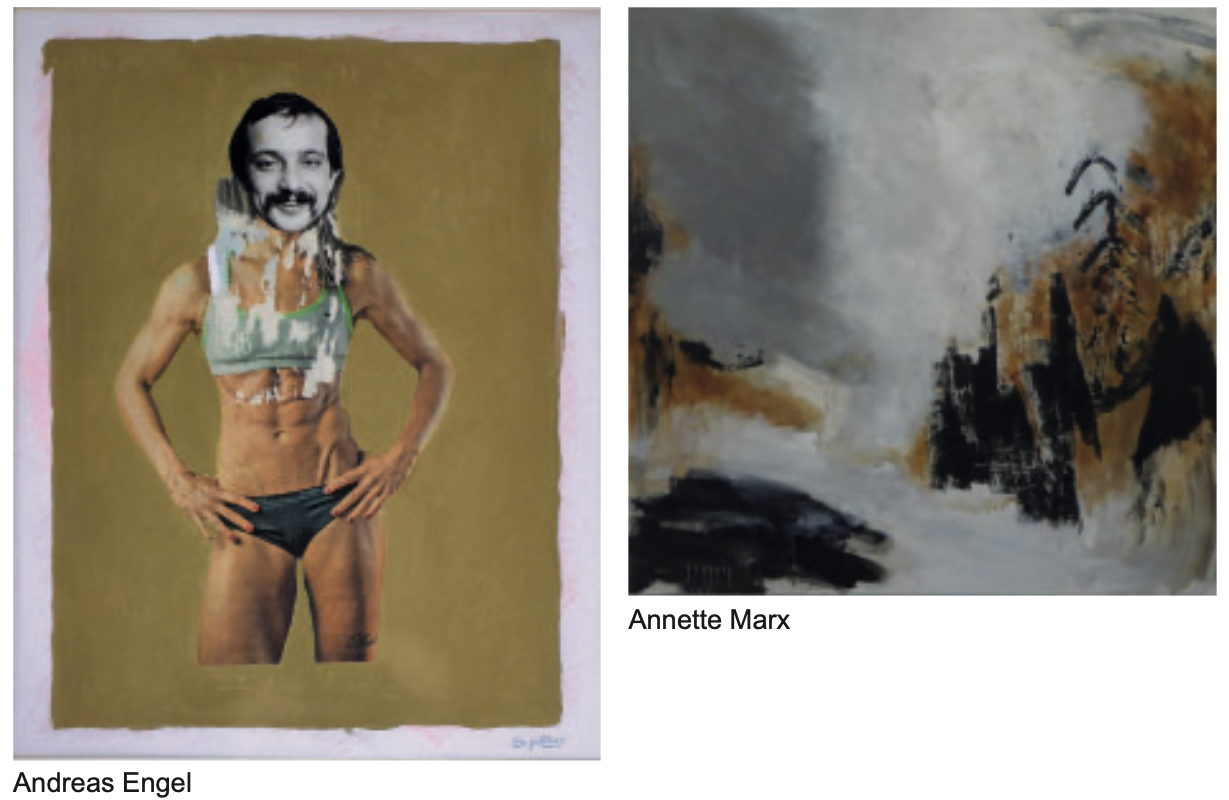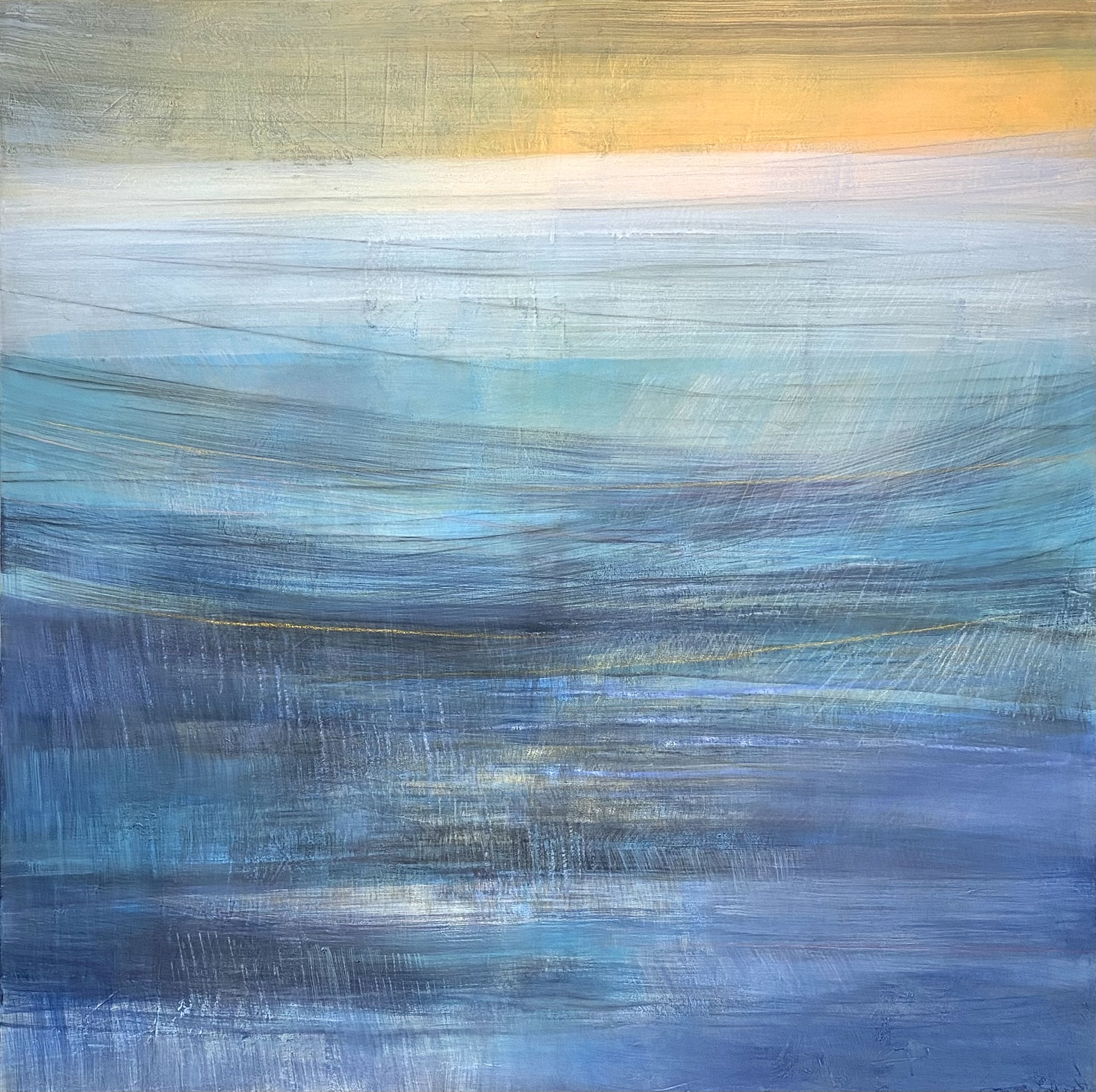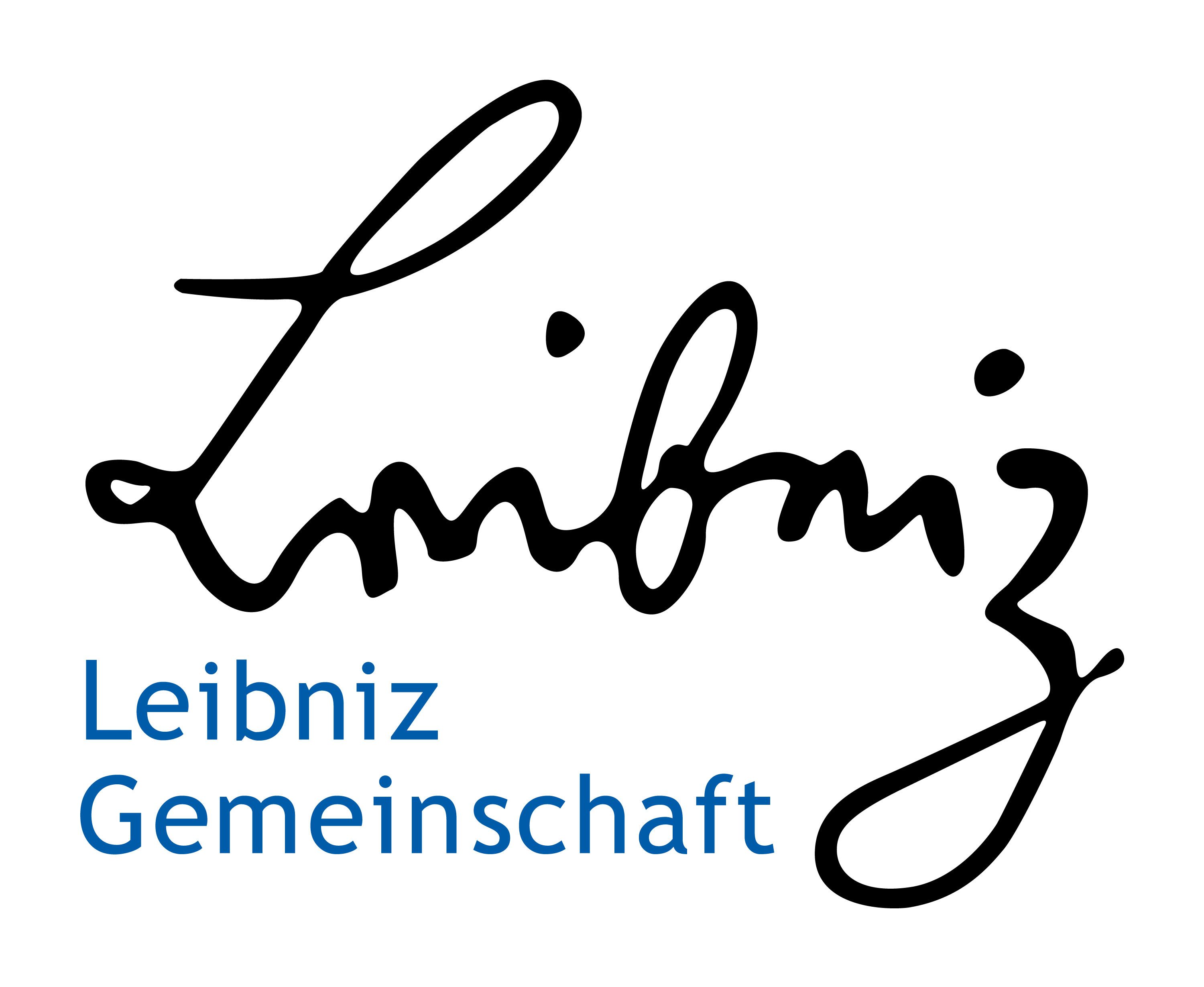Nicht fündig geworden? - Einige unserer Dienste laufen auf separaten Webseiten mit jeweils eigener Suche. Bitte beachten Sie folgende Liste:

Schloss Dagstuhl Services
Seminare
Innerhalb dieser Seite:
Externe Seiten:
Publishing
Innerhalb dieser Seite:
- siehe Über Publishing und Unterseiten
Externe Seiten:
- DROPS (der Publikationsserver von Dagstuhl)
- die Webseite der Zeitschrift LITES
- der Dagstuhl Submission Server (zum Einreichen von LIPIcs/OASIcs/DARTS Beiträgen)











